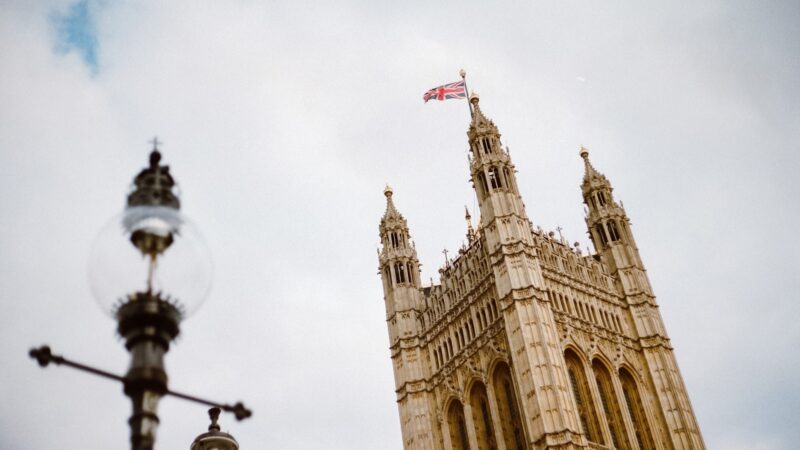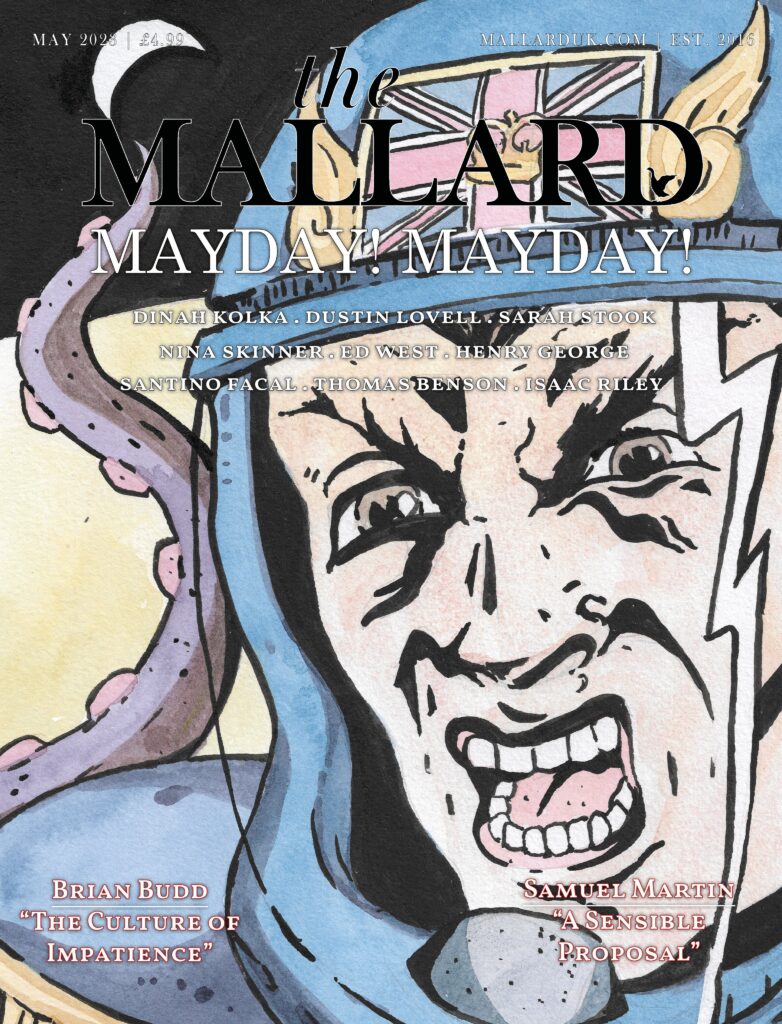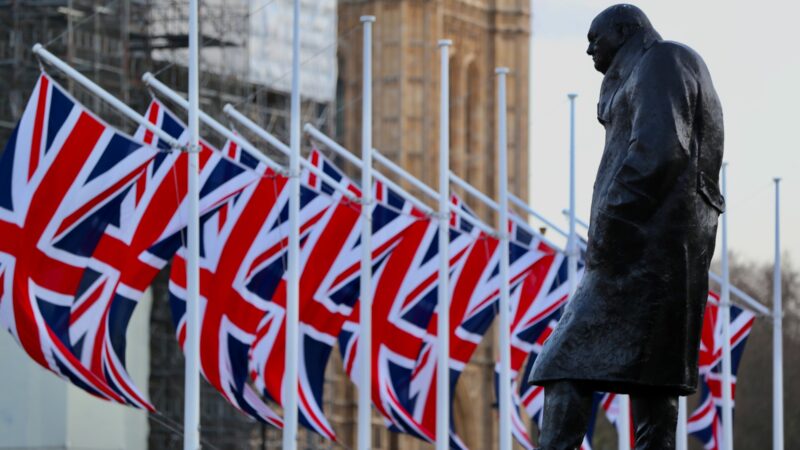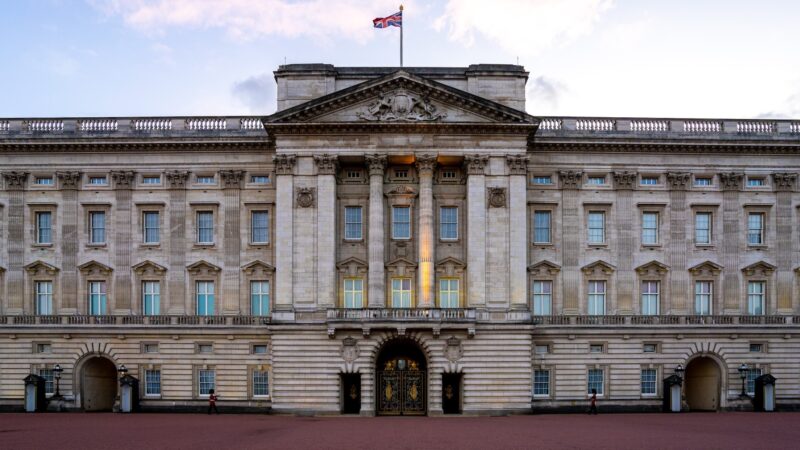A Dirge for the Aristocracy (Magazine Excerpt)
Culture is often a bearer of such practical wisdom. Indeed, the reason we listen to the experienced and wise, despite their lack of formal education, is that their experience has imparted practical wisdom. Theoretical wisdom is implicit in this down to earth practicality. Although the village elder might not be able to say why a certain behaviour is virtuous, her account, being correct, could be elaborated to reveal a true and natural principle. Extending this to an entire culture, we have one basis for social conservatism. The accumulated experience of ages has a sort of implicit wisdom to it, which can be potentially made into a theory, even though nobody may have yet done so. However, this isn’t enough, lest we be agnostic pragmatists like David Hume. For the one clinging to classical ideas, all practical wisdom has a theory behind it whose objective springs we can discover through reason.
One such cultural heirloom that is greatly misunderstood these days is aristocracy. Most cultures in human history have had aristocracies of some type. A noble class existed in ancient Mesopotamia, Persia, Mesoamerica, the Andes, Egypt, China, Japan, Greece, Rome, among the Celts, as well as mediaeval and early modern Europe. Indeed, aristocracy of some type has been one of the most common institutions of humanity across history. Yet in the last three hundred years, aristocracies have shrunk, from the predominant ruling elites of the world to disempowered and mocked cliques, clinging to privileges regarded as archaic.
Britain is one of the few countries that still has an institutional aristocracy. But its influence is ever diminishing, its numbers ever depleting, and its ideals waned to nothing. I doubt many would contradict me if I said its public image is far from positive. I believe the cause of this decline is that it is a remnant of a previous ethical outlook, one rooted in ancient Greek and Roman thought, and Christianised in the Middle Ages. This outlook collapsed in Britain during the eighteenth century (before it did in most of Europe). Whig liberal philosophers like John Locke chipped at its foundations. The aristocracy as a result became an institution without a purpose, embedded in a new society totally hostile to it.
So, what are these foundations? I think three: human goodness as function, a communitarian spirit, and a family-centred life. Really, it’s only the first, functional goodness, the latter two being elaborations of it.
Goodness as a function is simple. To be good is to function properly according to a species’ ideal. In the same way a good hammer is good at banging nails, and a good oven at baking bread, so a good human being is good at “human-ing” to coin a verb. The question ‘what is goodness?’ for ancient and mediaeval thinkers is almost invariably ‘what’s the function of humans?’ Yet because humans have reason, unlike animals who merely follow their instincts, our function involves more than survival and reproduction. We make art and science, and can appreciate the value of things through understanding. We are the animal that is happy with a garden and a library, as Cicero says.
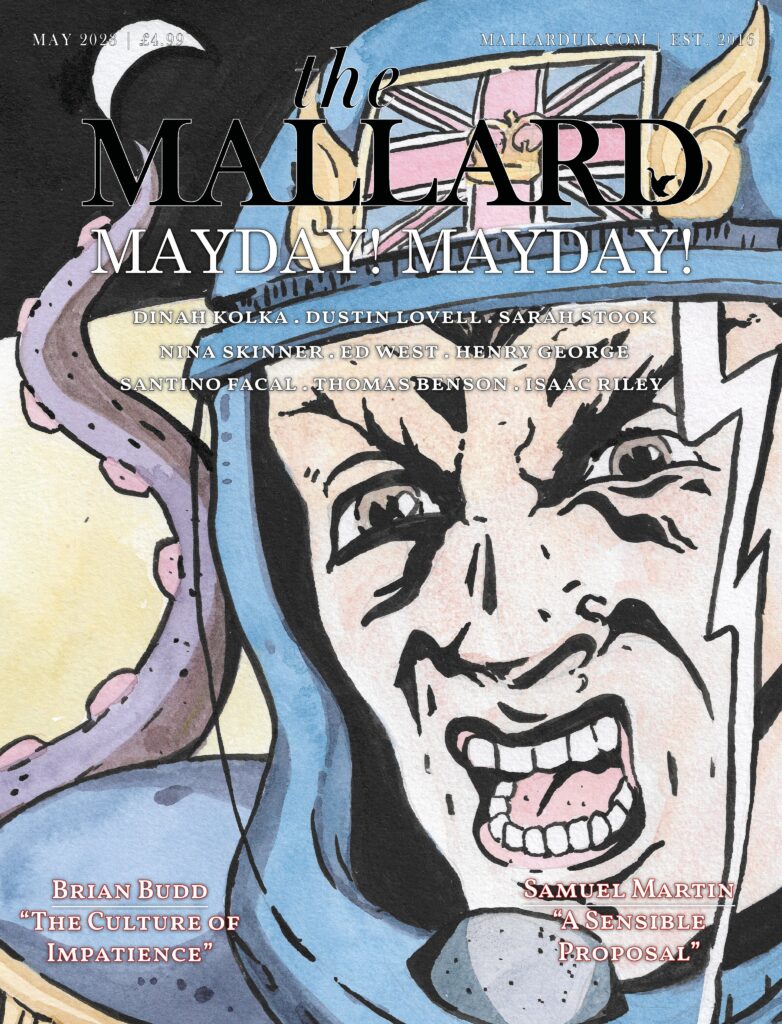
This is an excerpt from “Mayday! Mayday!”. To continue reading, visit The Mallard’s Shopify.


